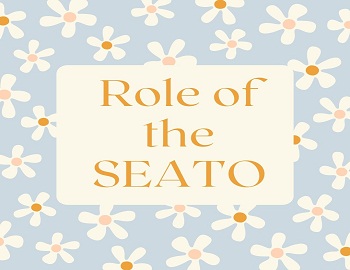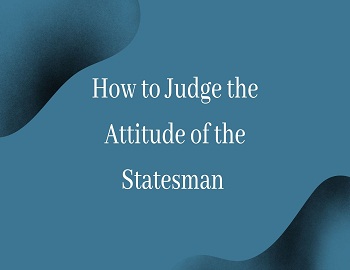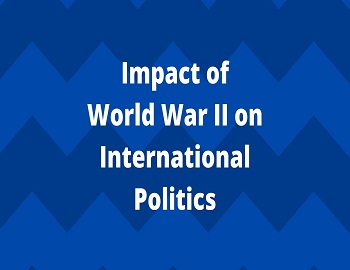Role of the SEATO:
The SEATO (South East Asia Treaty Organization) was a much more flexible instrument than NATO. According to Sir Francis Low, “The SEATO can never be a complete answer to the Communist menace in South East Asia. It is a make-shift arrangement in that it excludes four Asian democracies with a total population of something like 475 million. In the words of Chester Bowles, the participants in the treaty make up less than 15 per cent of the population of free Asia. To rely on an alliance of these nations would be like trying to hold Europe with a NATO consisting of Spain, Portugal and Greece with the rest of Europe sitting on the sidelines. It would be welcome assistance, but it would hardly be decisive. Again the SEATO cannot be regarded as a treaty with many teeth, since it possesses little in the shape of external strength on the spot beyond the American Seventh Fleet and Okinawa Garrison. Its main purpose is to act as a clear warning to Communist China that any Asian state covered by the treaty can appeal for help either against armed attack or subversive acts from without. To that extent, it is valuable as an attempt to draw a line for the protection of nationalist democracies against communist aggression.
Its weakness was two-fold. It does not include India the next biggest Asian country to China, nor Burma, Ceylon and Indonesia, all very important members of the democratic fold. Secondly, it cannot protect a country from underground communist infiltration. It might indeed tend to isolate from the people a government suspected of being the creature of Western imperialism and thereby fertile breeding ground for communism. To combat these eventualities, countries must still protect themselves, with or without western help by building up an economic and social system in which communism cannot flourish”.
According to Sir John Kotelawala, former Prime Minister of Ceylon, the main objection of his government was that it should have been considered necessary to conceive the treaty in the spirit of which it had been conceived. However, he noted with great satisfaction that the original spirit of the treaty had been generally modified. The fact that the government both inside and outside SEATO had the right to say whether the wanted help if the event of aggression, subversion or otherwise, would not in his opinion be regarded as a gratuitous or meddlesome offer. According to Prime Minister Nehru, the SEATO has embarked on the dangerous course of recognizing spheres of influence of the great powers. Any internal event in that area can give those countries the right to interfere. That involves the violation of the whole concept of integrity, independence and sovereignty of the countries in that area.
According to a statement of the Soviet Ministry of Foreign Affairs of the 15th September 1954 “The new military alignment is essentially a bloc of the colonial powers underlying which are imperialist aims of maintaining their economic and political position in Asia”. Ambiguity remains the prime cause of the SEATO’s infirmity of purpose. As long as there remains the pretence that the Geneva accords are still valid, the SEATO must function without a clearly defined role. In its efforts to be all things to all men, the SEATO carries out research into tropical diseases as well as mounting elaborate military exercises. It publishes de-luxe editions of Thai poets as well as analyses of Communist broadcasts. If versatility were the test of an organization, the SEATO would carry the palm. The sad fact of our times and of the SEATO is that versatility alone protects no frontiers”.









Comments (No)